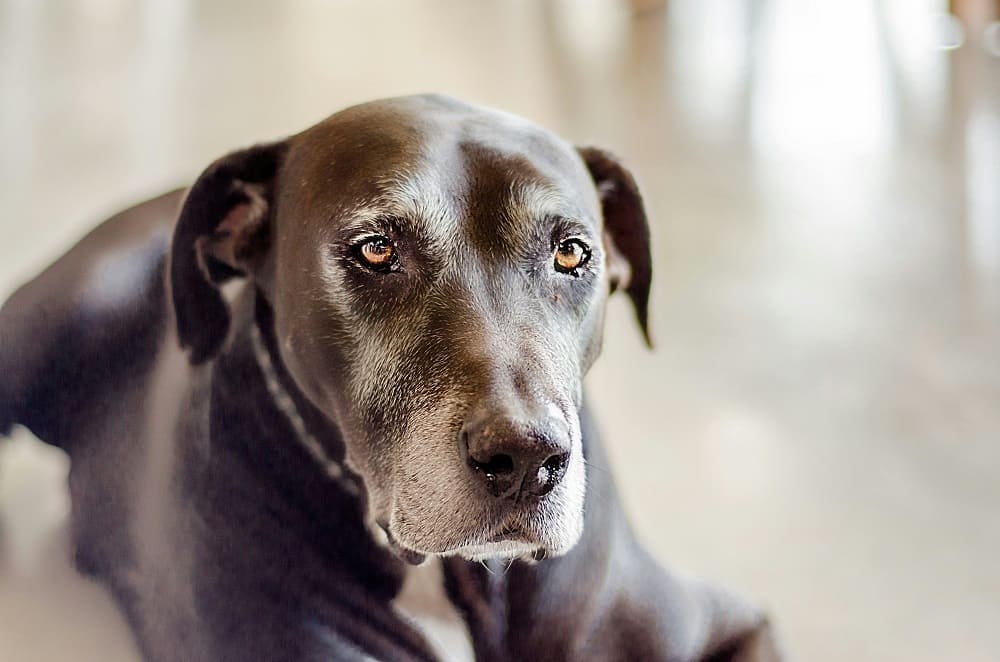When most people think about getting a dog, they often imagine a playful, bouncy puppy. However, adopting a senior dog—one typically aged seven years or older—offers a unique and rewarding experience. These older companions have already developed their personalities and come with a wealth of benefits. So, why consider a senior dog when looking for your next furry friend?
The Joys of Adopting Senior Dogs
Instant Companionship
Senior dogs are usually past the rambunctious stage of puppyhood and often seek companionship over constant play. They’re more inclined to settle by your side, enjoying your company. Their contentment with simply being near you can be incredibly comforting, especially for those who want a loyal companion without the high energy demands of a younger dog.
Established Personalities
One of the greatest advantages of adopting a senior dog is that their personalities are already established. Unlike puppies, whose behavior and temperament can change as they grow, senior dogs have fully formed characters. This means you can choose a dog whose personality fits well with your lifestyle and preferences. Whether you prefer a mellow couch potato or a slightly more active senior, you can find the right match more predictably.
Less Destructive Behavior
Another benefit is that senior dogs are generally less destructive than their younger counterparts. Puppies are notorious for chewing on shoes, furniture, and anything else they can get their teeth into. Senior dogs, on the other hand, are typically over this stage, making them a better fit for those who want to avoid the mess and frustration of puppy-proofing their home.
Challenges of Adopting Senior Dogs
Health Concerns
Adopting a senior dog does come with its set of challenges, most notably health issues. Older dogs may have pre-existing medical conditions or be more susceptible to illnesses such as arthritis, diabetes, or heart problems. It’s essential to be prepared for potentially higher veterinary bills and to understand the specific needs of your adopted senior dog.
Emotional Adjustment
Senior dogs may also take longer to adjust emotionally, especially if they’ve been rehomed multiple times. They might have lived in a stable environment for years and then suddenly find themselves in a new home, which can be confusing and stressful. Patience and understanding are key to helping them settle into their new life.
Potential Shorter Time Together
One of the more poignant aspects of adopting a senior dog is the likelihood of having less time with them compared to a puppy. It can be heart-wrenching to bond with a pet knowing that your time together may be limited. However, the love and joy they bring, even for a shorter period, can be incredibly fulfilling and meaningful.
Tips for Successfully Adopting and Caring for Senior Dogs
Preparing Your Home
Before bringing a senior dog home, it’s crucial to prepare your living space to accommodate their needs. Consider factors like easy access to sleeping areas, non-slip surfaces, and perhaps even ramps or stairs for dogs with mobility issues. Creating a comfortable, safe environment helps ease their transition and makes them feel secure.
Regular Veterinary Care
Senior dogs require regular veterinary check-ups to monitor their health closely. Preventative care, such as routine blood tests and dental cleanings, can catch potential issues early and maintain their quality of life. Work with your vet to establish a care plan that suits your dog’s specific health needs.
Tailored Diet and Exercise
Diet and exercise are vital for keeping senior dogs healthy. Their nutritional needs can differ significantly from those of younger dogs, so choose a diet formulated for older dogs, which often has fewer calories and added supplements to support joint health. Gentle, regular exercise is also important to maintain their physical condition without overexerting them.
Success Stories and Benefits of Adopting Senior Dogs
Real-life Examples
Many people who have adopted senior dogs report heartwarming experiences and deep bonds. For instance, a senior dog named Max, who was adopted from a shelter at ten years old, quickly became the apple of his new family’s eye. Despite his age, Max adapted well and brought immense joy and companionship to his owners, demonstrating that senior dogs can thrive in new homes and create lasting memories.
Emotional Rewards
The emotional rewards of adopting a senior dog can be profound. These dogs often show immense gratitude and affection, perhaps because they sense they’ve been given a second chance at a happy life. Their capacity for love and their ability to enrich the lives of their owners make the experience deeply rewarding.
Conclusion
Adopting a senior dog can be a heartwarming and fulfilling experience, blending joy with unique challenges. These older dogs offer immediate companionship, established personalities, and less destructive behavior, though they may come with health concerns and a shorter time together. With proper preparation, regular care, and lots of love, adopting a senior dog can bring immeasurable happiness and enrich your life in ways you might not have expected. So next time you’re considering adding a furry friend to your family, don’t overlook the older dogs—they might just be the perfect fit for you.

